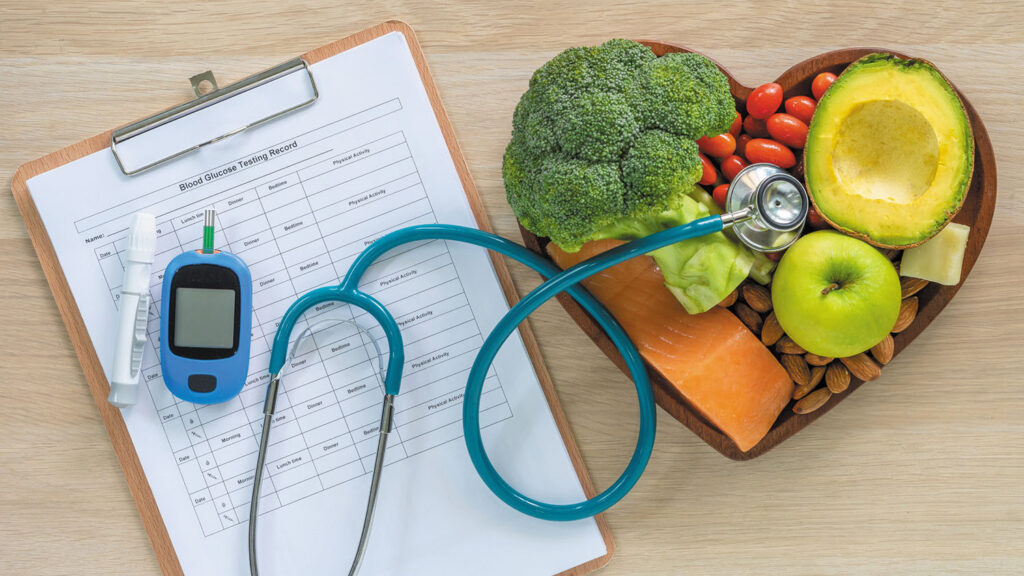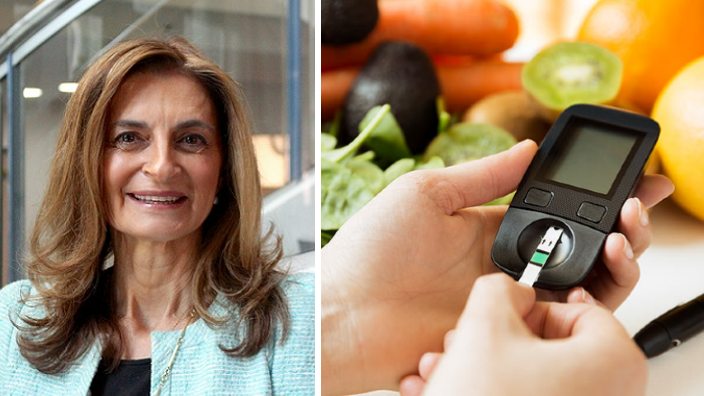Greek and Italian migrants to Australia have a more than three times greater incidence of type 2 diabetes than Australian-born individuals.
Type 2 diabetes develops when the body becomes resistant to insulin or when the pancreas is unable to produce enough insulin. Exactly why this happens is unknown, yet genetics and environmental factors, such as being overweight and inactive, appear to be contributing factors.
Endocrinologist Dr Katherine Samaras says there are many plausible reasons why Greek migrants are more susceptible to diabetes, including genetics and increased obesity, yet clarified that excess weight gain is a vital issue regardless.
“We should be frank. Carrying an extra 5kg is not okay. Carrying a extra 20kg is a health tragedy,” Dr Samaras says to The Greek Herald.

The ‘Mediterranean diet’ or ‘Greek diet’ is globally considered one of the healthiest diets for nutrient balance. Yet, as Dr Samaras explains, the idolised Mediterranean diet is not comprised of souvlaki or other meats. Something that appears to have been lost in translation through health education.
“It is the peasant diet, not the feast or special occasions diet,” Dr Samaras says.
“More commonly, the traditional Greek diet consists of seasonal vegetables, legumes, fish and cheese. All in smaller quantities than Greeks serve in Australia today.”
The situation is not isolated in Australia, however, with a lack of physical activity and an unbalanced diet also leading to people in Greece having greater risk for developing type 2 diabetes, according to a study conducted by the National School of Public Health’s Department of Health Economics and the Federation of Cooperative Pharmacists of Greece in 2018.
For the many Greek migrants faced with diabetes, there are multiple ways they can maintain a good quality of life.
Dr Samaras says that most modern scientific breakthroughs show fasting as a valuable method to extending life and preventing ageing.

“The best management strategy for diabetes is to reduce the amount of food on the plate by one third – not eating more of any food,” Dr Samaras adds.
“Five kilos weight loss can improve diabetes more than some medications.”
While it may be a ‘big step’, Dr Samaras recommended people with diabetes and obesity consider bariatric surgery, saying it’s “better than having a heart attack”.
“And the best thing good Greek grandparents can do (since diabetes runs in families) is to not overfeed their children or grandchildren,” Dr Samaras concludes.
“Otherwise one would be killing them with kindness.”
*To find out more about diabetes and its early signs and symptoms visit: https://www.diabetesaustralia.com.au
